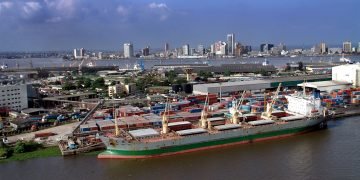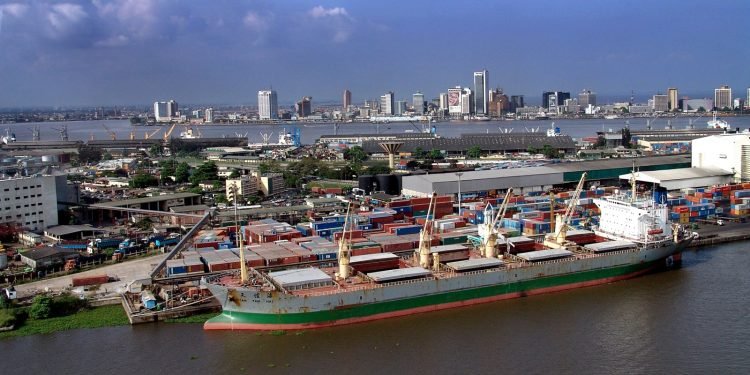By Eva Richardson
March 5, 2025 – The Logistic News
As Africa accelerates regional trade integration under the African Continental Free Trade Area (AfCFTA), Nigeria is positioning itself as the continent’s leading maritime logistics hub. The Nigerian Ports Authority (NPA) has unveiled an ambitious strategy to enhance port efficiency, expand infrastructure, and attract global shipping investments to strengthen Nigeria’s role in intra-African trade.
Nigeria’s Vision for a Maritime Logistics Hub
Under AfCFTA, which aims to boost trade between African nations by eliminating tariffs and reducing non-tariff barriers, Nigeria is focusing on key logistics upgrades, including:
- Expanding port capacity to handle increased cargo volumes across West Africa.
- Modernizing logistics infrastructure with digital tracking, automation, and smart port systems.
- Developing special economic zones (SEZs) to enhance trade facilitation and supply chain efficiency.
- Improving hinterland connectivity through better road, rail, and inland waterways networks.
A spokesperson from the NPA told The Logistic News: “Nigeria is committed to becoming Africa’s premier logistics gateway. With the right policies and investments, we can rival major global shipping hubs.”
Competing with Global Shipping Giants
To achieve its maritime logistics ambitions, Nigeria must compete with well-established African ports such as:
- Durban, South Africa – Africa’s busiest port and a key logistics corridor.
- Mombasa, Kenya – A vital gateway for East African trade.
- Tangier Med, Morocco – A strategic hub connecting Africa to Europe.
Nigeria’s competitive edge lies in its geopolitical position, vast consumer market, and expanding trade routes under AfCFTA.
Challenges and Roadblocks
Despite its ambitious plans, Nigeria faces hurdles in achieving its maritime logistics hub goal, including:
- Port congestion and inefficiencies, leading to extended dwell times for cargo.
- Regulatory bottlenecks, requiring streamlined customs clearance processes.
- Infrastructure deficits, needing significant public and private sector investment.
- Security concerns, particularly around piracy risks in the Gulf of Guinea.
To counter these challenges, the Nigerian government is working on strategic partnerships with global logistics firms and financial institutions to accelerate infrastructure development.
The Future of Nigerian Maritime Trade
Looking ahead, Nigeria’s roadmap includes:
- Public-private partnerships (PPPs) to attract global investors into port expansion projects.
- Strengthening digital transformation for seamless port operations.
- Enhancing trade corridors with neighboring countries, leveraging AfCFTA’s trade liberalization policies.
With Africa’s trade landscape evolving rapidly, Nigeria’s efforts to establish itself as the continent’s leading maritime hub will play a pivotal role in shaping the future of logistics, economic growth, and cross-border trade in Africa.
For more exclusive insights on maritime logistics and global trade developments, stay connected with The Logistic News.























